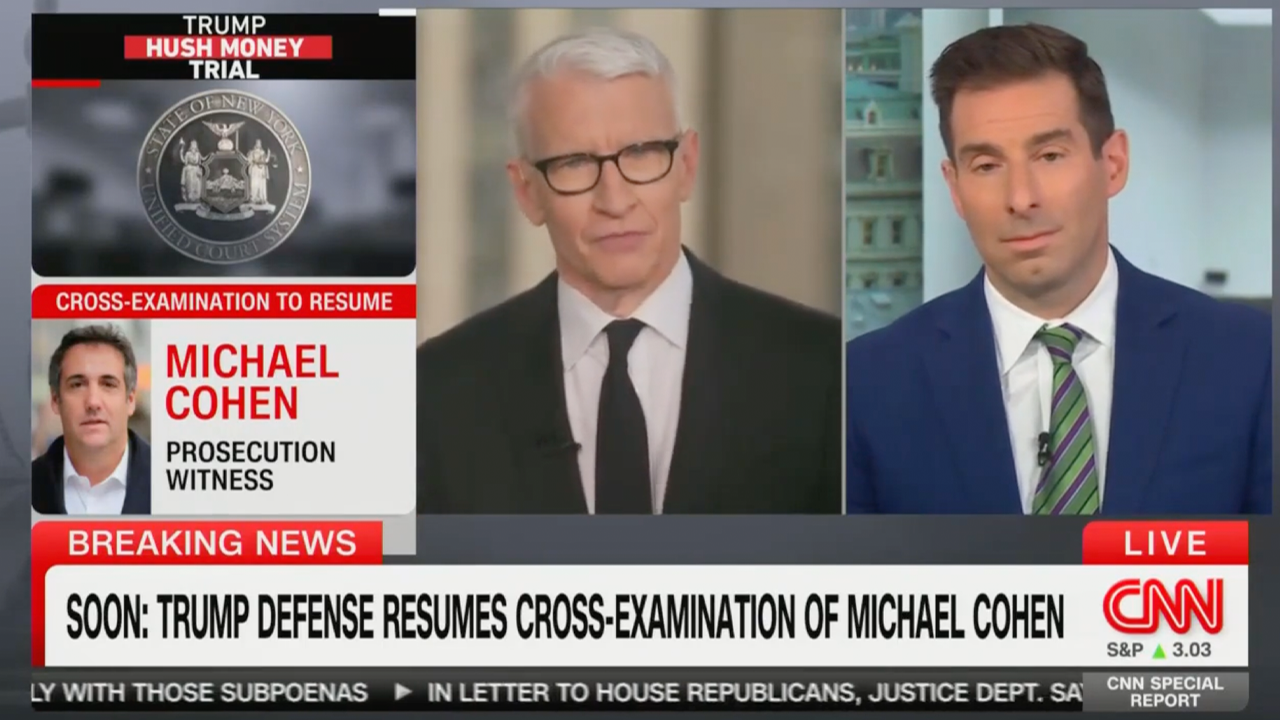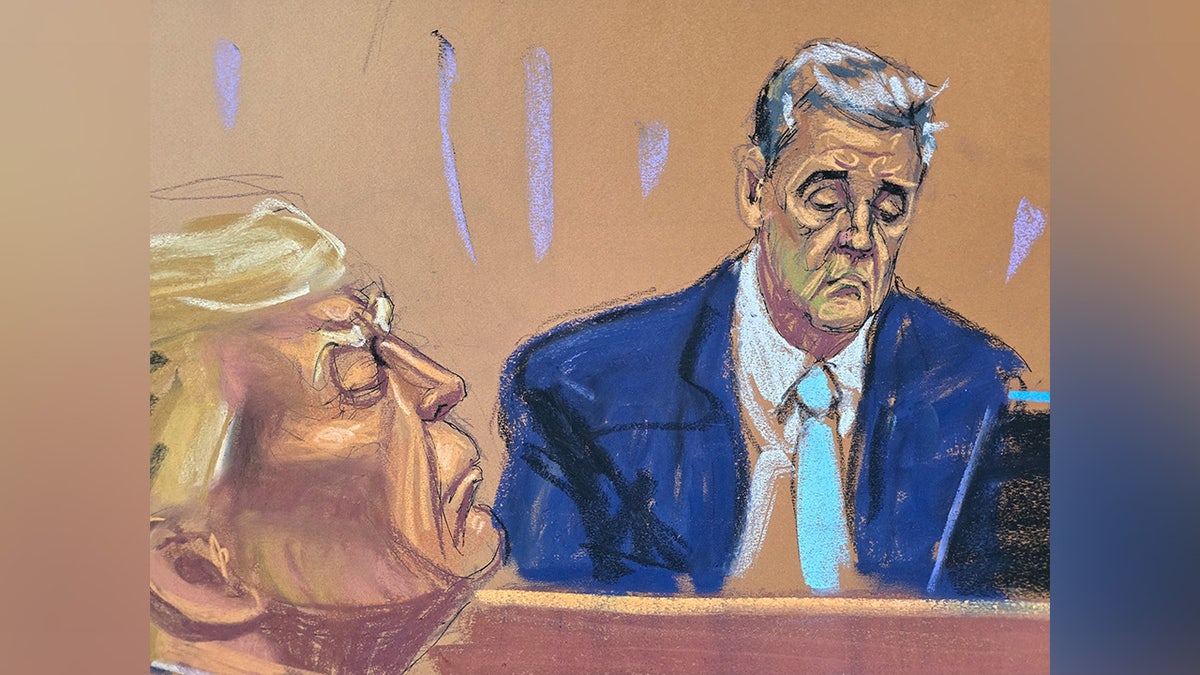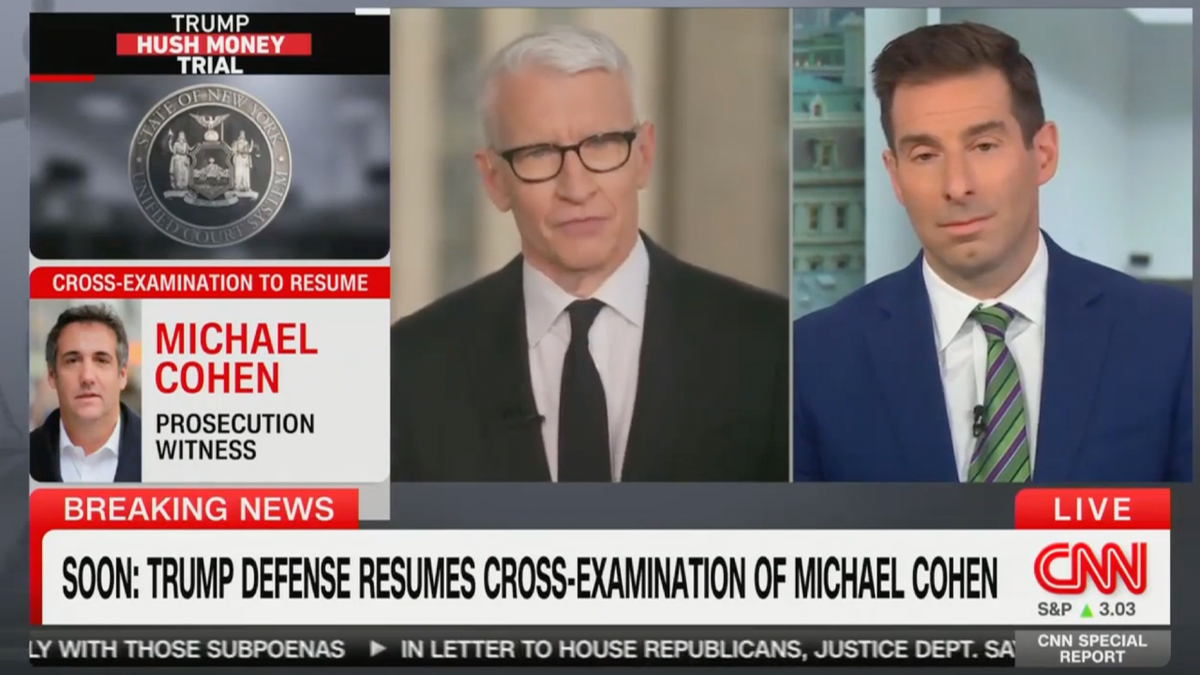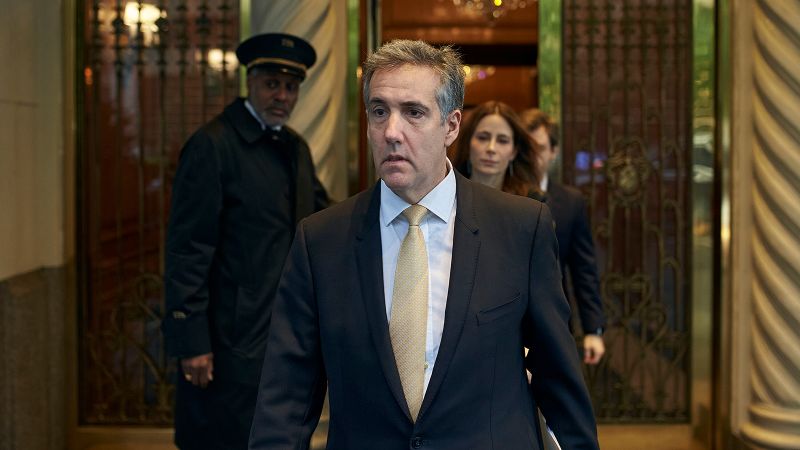
In the ongoing hush money trial involving former President Donald Trump and adult film star Stormy Daniels, Michael Cohen, who was once Trump's attorney but is now his bitter enemy, testified on May 16 and 17, 2024. The trial in Manhattan state court centers around charges that Trump falsified business records related to the payment made to Daniels to keep her quiet about an alleged tryst with him before the 2016 presidential election. Cohen's testimony has been a significant part of the proceedings, and his credibility has been called into question due to his past lies and felony convictions. Here is a summary of what transpired during Cohen's testimony:
On May 16, Todd Blanche, Trump's defense lawyer, questioned Cohen about a phone call he made to Trump on October 24, 2016. According to Cohen's earlier testimony and court records, the call was regarding the hush money payment to Daniels. However, during cross-examination on May 16, text messages were presented that suggested the call was actually about a harassing text message Cohen had received at that time. When asked about this discrepancy by Blanche, Cohen admitted that part of the call was indeed about the harassment but insisted he had also discussed the Daniels payment with Trump during their conversation.
On May 17, Anderson Cooper of CNN expressed his doubts about Cohen's testimony during a discussion with legal analyst Elie Honig. Cooper pointed out that if he were on the jury, he would have reservations about Cohen's credibility due to this inconsistency and other instances where Cohen has lied under oath in the past.
Cohen was also questioned about recording conversations with journalists, including one in which he lied about Trump's affair with Daniels. He admitted to these lies but claimed he did so because he was trying to protect Trump at the time. Additionally, Cohen discussed his felony convictions, perjury, prison term, and habitual lying while working for Trump.
The jury is currently deliberating the case and will reach a verdict in due course. The outcome of this trial could have significant implications for Trump's political future.






